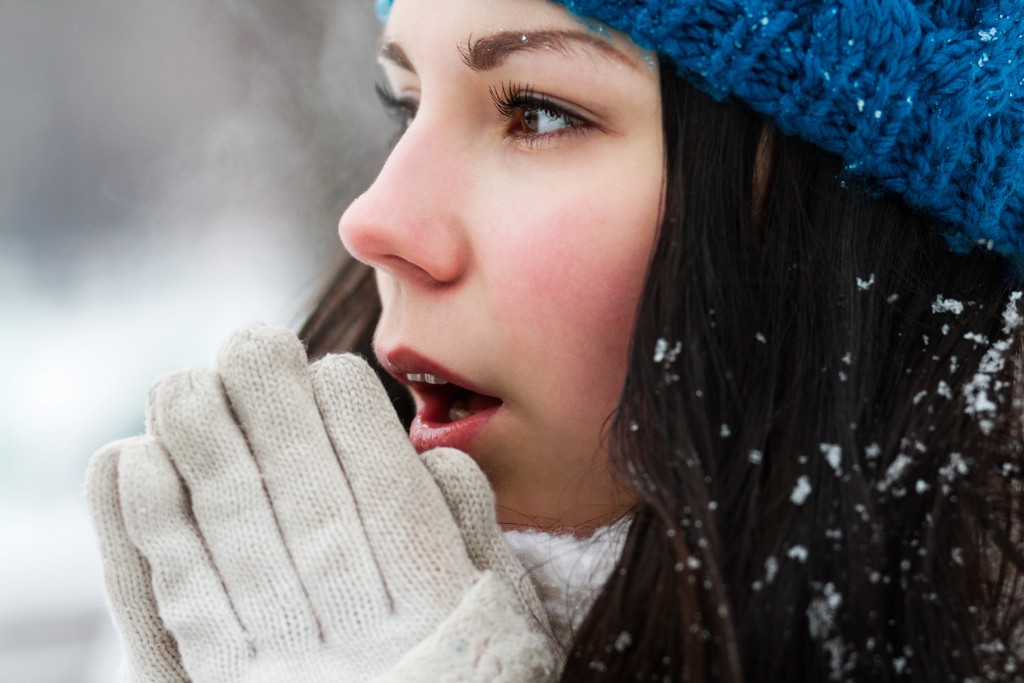Moving to and from your dry and heated home and the extremely cold outdoors could easily exacerbate your eczema symptoms. During wintertime, you have to battle two specific threats—harsh temperatures and arid air—that could make it especially difficult for you to control your symptoms just by following your usual routine. Fortunately, according to a renowned dermatologist from a top skin treatment centerin Salt Lake City, you might still be able to get your symptoms under control and prevent a flare-up by tweaking your regular eczema treatment with these expert tips:
- Continue doing your usual eczema routine as advised by your dermatologist but consider moisturizing as needed such as when your skin feels exceptionally dry and tight. Some eczema sufferers swear by petroleum jelly, but if this does not work well with your skin, you might need special moisturizers that are specifically formulated for extra dry and sensitive skin.
- Slather on sunscreen with a minimum of 30 SPF before going outside. Don’t forget to check the ingredients to check for potential allergens or ask your dermatologist for a recommendation.
- For flare-ups, don’t hesitate to use topical steroids. If OTC creams don’t suffice, ask for a prescription-strength steroid cream from your dermatologist.
- Humidify the air in your home. This is especially crucial if you utilize forced-air heating. Generally speaking, it’s best to keep humidity levels between 45% and 55%. If you already use a humidifier, make sure to clean its parts regularly and use distilled water with it.
- Always wear gloves when going out. Invest in a couple of gloves in various fabrics to suit all kinds of weather.

- Take off damp or wet clothing items right away once you get inside your home and then moisturize.
- Avoid sweating whenever you can since sweaty skin could easily trigger your eczema symptoms. You need to dress warmly when you’re outside the house, but avoid overdressing. Consider layering so you could easily take off or put on a clothing item whenever necessary. In the event that you do get sweaty, take a shower and moisturize as soon as you get home.
- Don’t use harsh detergents. Choose a laundry detergent that’s specifically formulated for sensitive or troubled skin types, free of scents and dyes. If you must use a softener, opt for chemical-free formulations or dryer sheets.
- Choose your fabrics wisely. Certain fabrics like wool could be immensely irritating to your skin so opt for cotton or soft synthetic fabrics.
- Keep away from smoke at all costs, yes, even the smoke for your fireplace because it could easily worsen your symptoms.
- Try to control allergens and triggers. If you are familiar with your eczema triggers or know that you usually experience symptoms due to specific allergens, like pet dander, dust mites, or food allergy, you need to remain vigilant to avoid exposure.
While wintertime could be a wonderful time, not so much for your eczema skin. With some TLC, vigilance, and specific tweaks to your typical eczema treatment, however, there’s a chance that you’ll survive the winter eczema-free.




